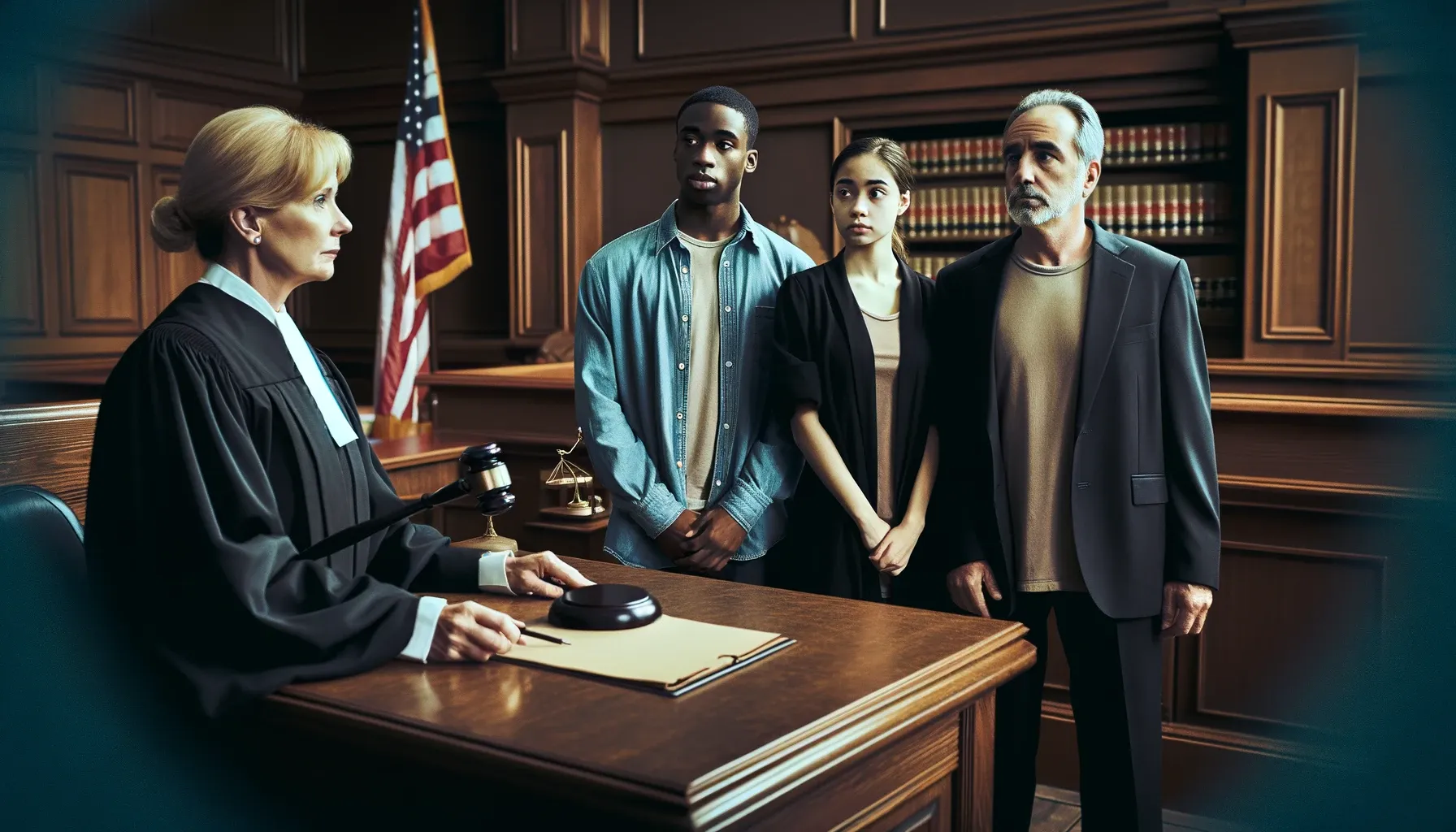Table of Contents
While it might seem that a lawsuit can be filed for anything, there are very clear and hard lines on the extent of civil legal reach. One of the strongest of those limits is known by its technical name, the statute of limitations. In essence, the statute puts a time limit on how long a lawsuit can be filed for a given reason. Statutes of limitations apply in both criminal and civil law, with shorter time clocks in the civil law world in comparison. However, for the plaintiff, the statute matters a lot; once it has expired, a defendant can ask the court to throw out the lawsuit filed based on being after the last effective date. In many cases, that’s exactly what happens, and most attorneys won’t pursue such a case.
Civil Limitations in Colorado
Unlike the general assumption across the country that civil cases have up to three years, Colorado civil law cases have only two years to be filed with a court. That shorter statute of limitations can be a surprise, especially for people and businesses that have moved to the state from other locations with a longer clock. There is an exception in the state for vehicle-related accidents, which extends the statute deadline to three years.

Responsibility for Filing
Since it is the plaintiff that brings a lawsuit in the first place, it’s his or her responsibility to make sure that’s done before the deadline. The plaintiff’s attorney typically checks these details first before any other action, and many law offices won’t take on a case if it is already past the deadline based on the known facts. Where further evidence can effectively show the date of harm to the injured party was later, and still within a viable window, then the case can have a chance. However, there’s a good chance the defendant will try to argue expiration if it can be debated.
The technical challenge of the statute of limitations is a serious matter. Even where there is a case that a plaintiff has been seriously injured and the cause is very obvious, a late-filed case will almost always be rejected. The law has already defined what’s allowable. So, even if a court wants to consider the possibility, it would depend on the court’s discretion for equity, which is a very slippery area and can probably be overruled on appeal by a higher court. The reason is that the precedent of the statute of limitations has a very strong case history, and the court system is very leery of going against such a long path of consistent decisions enforcing the matter.
Talk to an Attorney ASAP if Injured
If you’ve been seriously injured by someone in an accident, a business, or an event, talk to an attorney like Ross Ziev as soon as possible and after immediate medical care. Time starts ticking from the date of harm, and an attorney can get the paperwork ready and filed quickly, so a technical issue like the statute of limitations doesn’t block recovery that is due and needed for help.




